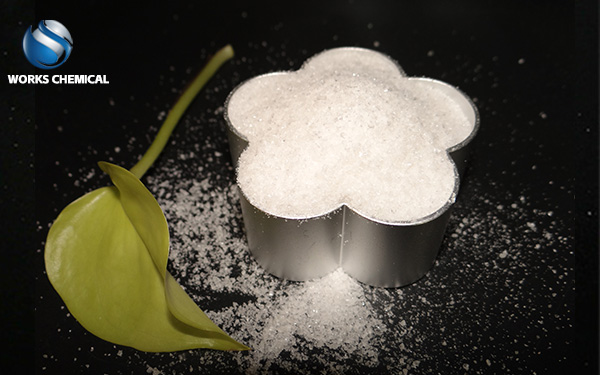
There are significant differences between
sludge enhancers and ordinary sludge conditioners, mainly reflected in the following aspects:

One. Dehydration effect
Sludge enhancer: has excellent dewatering effect. After the use of sludge enhancer conditioning sludge, through the plate and frame filter press filtration, sludge depth dehydration can be achieved, and the moisture content of the sludge can be effectively reduced to 35%~55%.
Ordinary sludge conditioner: although it also has a certain dewatering effect, compared with sludge synergists, its dewatering efficiency and treated sludge moisture content are often higher.
Two, the impact on the equipment
Sludge synergist: It will not cause corrosion to sludge dewatering equipment, nor will it block filter cloth, which is conducive to protecting equipment and extending its service life.
Common sludge conditioner: Some traditional sludge conditioner (such as lime, etc.) may cause corrosion to the equipment and increase the maintenance cost of the equipment. At the same time, they may also cause clogging of the filter cloth, affecting the efficiency of dehydration.
Three. Processing cost
Sludge booster: Although the initial investment may be high, it can save treatment costs in the long run due to its high dewatering efficiency, low equipment maintenance costs, and convenience of subsequent treatment (such as incineration, brick making, composting).
Common sludge conditioner: Due to the relatively low dewatering efficiency, more agents and treatment time may be required, thus increasing the cost of treatment.
Four, environmental protection
Sludge enhancer: more environmentally friendly, does not increase the salt content of the filtrate, is conducive to the subsequent treatment of sludge and environmental protection.
Common sludge conditioners: Some traditional sludge conditioners may contain ingredients that are harmful to the environment, and improper handling may have a negative impact on the environment and ecosystem.
Five, Application scenarios
Sludge enhancer: due to its efficient dewatering effect and environmental protection, it is suitable for a variety of scenarios requiring efficient treatment of sludge, such as printing and dyeing, paper making, electroplating, chemical, leather and other industries.
Ordinary sludge conditioner: although it is also suitable for a variety of scenarios, it may not be as good as sludge synergists in terms of treatment efficiency, environmental protection and cost.
In summary, sludge enhancer is superior to ordinary sludge conditioner in dewatering effect, influence on equipment, treatment cost, environmental protection and application scenarios. Therefore, when dealing with sludge dewatering problems, sludge synergists are a solution worth considering and choosing.